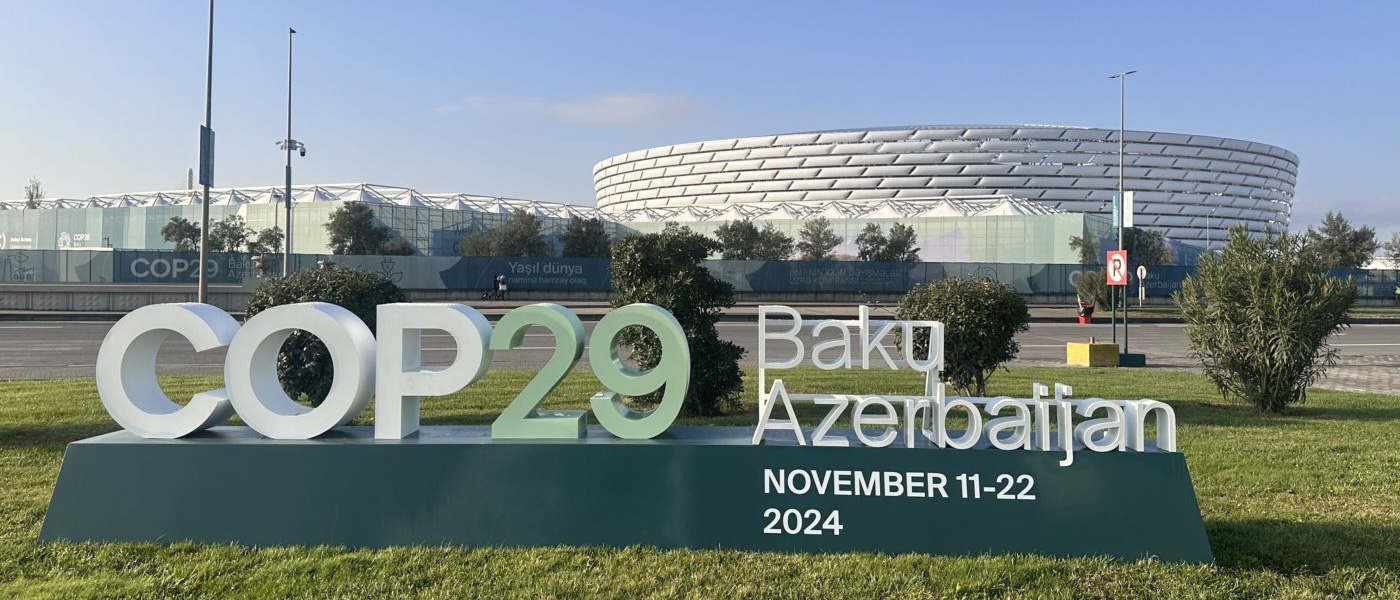In a previous post, we discussed how Tokenovate’s solutions align with Article 6 requirements to support a transparent and reliable Voluntary Carbon Market. With COP29 underway, we turn our focus to the next challenge: how the industry can collaborate to fully implement Article 6 standards and build a resilient, mature carbon market.
The long-awaited adoption of the Article 6 standards at COP29 is a welcome and necessary step toward creating a more structured, reliable and transparent voluntary carbon market (VCM). By requiring rigorous traceability, reporting, and risk management, the Article 6 standards provide the structure the market has long needed.
Our focus must now turn to implementation. Fragmented data across multiple registries and standards has been a longstanding challenge for the VCM, leading to inconsistencies in reporting, verification, and, ultimately, market trust. While COP29’s approval of Article 6.4 introduces essential requirements for data transparency, it does not fully resolve the need for a unified, consistent data framework that connects voluntary carbon credits (VCCs) with both industry-specific standards and global financial infrastructure.
How will these new standards integrate within established commercial, legal and technological standards?
The VCC market is both novel and complex, interfacing with sectors as diverse as energy, forestry and manufacturing, each with its own data standards. Currently, there is limited compatibility among these standards and the financial markets, presenting challenges in fully integrating VCCs within the operational plumbing of the global financial system.
We believe that industry-wide collaboration is crucial, with all key stakeholders and market participants working to establish, expand and integrate standards – based on Article 6.4 – that will support a functional, safe and efficient VCM.
Let’s start with financial markets.
Initiatives such as those by ISDA, who are working to establish legal and contractual standards for trading VCC derivatives are an important first step. Building upon this solid foundation, we encourage market participants to continue their collaboration on expansion of the Common Domain Model (CDM) to cover VCC products. A standardised, CDM-compatible model for VCCs will support integration of VCC products into financial infrastructures, paving the way for carbon credits to be more easily traded, cleared, and settled within the global financial markets, enhancing liquidity and accessibility.
Beyond financial markets, effective carbon credit standards must align with the unique data requirements of each sector involved in climate projects – whether forestry, peatland or renewable energy technologies. Each industry brings its own methodologies and metrics for carbon reductions, making it crucial to develop flexible but compatible standards that allow carbon data to move seamlessly across sectors. Article 6.4 rightly emphasises rigorous reporting, but achieving this at scale requires collaboration to establish data attributes, metadata formats, and protocols that work across industry lines.
A key objective must be a more standardised, robust project disclosures, upon which these assets’ value are ultimately based.
Tokenovate welcomes the excellent progress being made by bodies such as the World Bank and ICVCM’s Data and Infrastructure Providers (DAIP) initiative. Technology solutions, such as Tokenovate’s blockchain and tokenisation capabilities, can help to drive this work further, by creating transparent, verifiable records for each project’s data, enhancing consistency and trust across the market.
What’s next?
Achieving the goals set forth in Article 6.4 requires more than isolated standards; it demands a coordinated effort to ensure these standards complement and reinforce each other across platforms and jurisdictions. A unified approach can prevent the inconsistencies that currently disrupt the VCM and contribute to better interoperability between the voluntary and compliance markets.
Collaboration across regulatory bodies, industry associations, financial institutions, and technology providers is essential to shaping a carbon market that is both robust and adaptable.
Tokenovate is committed to facilitating this coordinated effort, supporting the development of a VCM infrastructure that is better integrated within established financial and operational standards. Through partnerships, ongoing dialogue, and support for open standards, we are working to address the complexities of cross-industry data needs, reduce fragmentation, and build a scalable framework that will allow carbon credits to support the transition to net zero.

